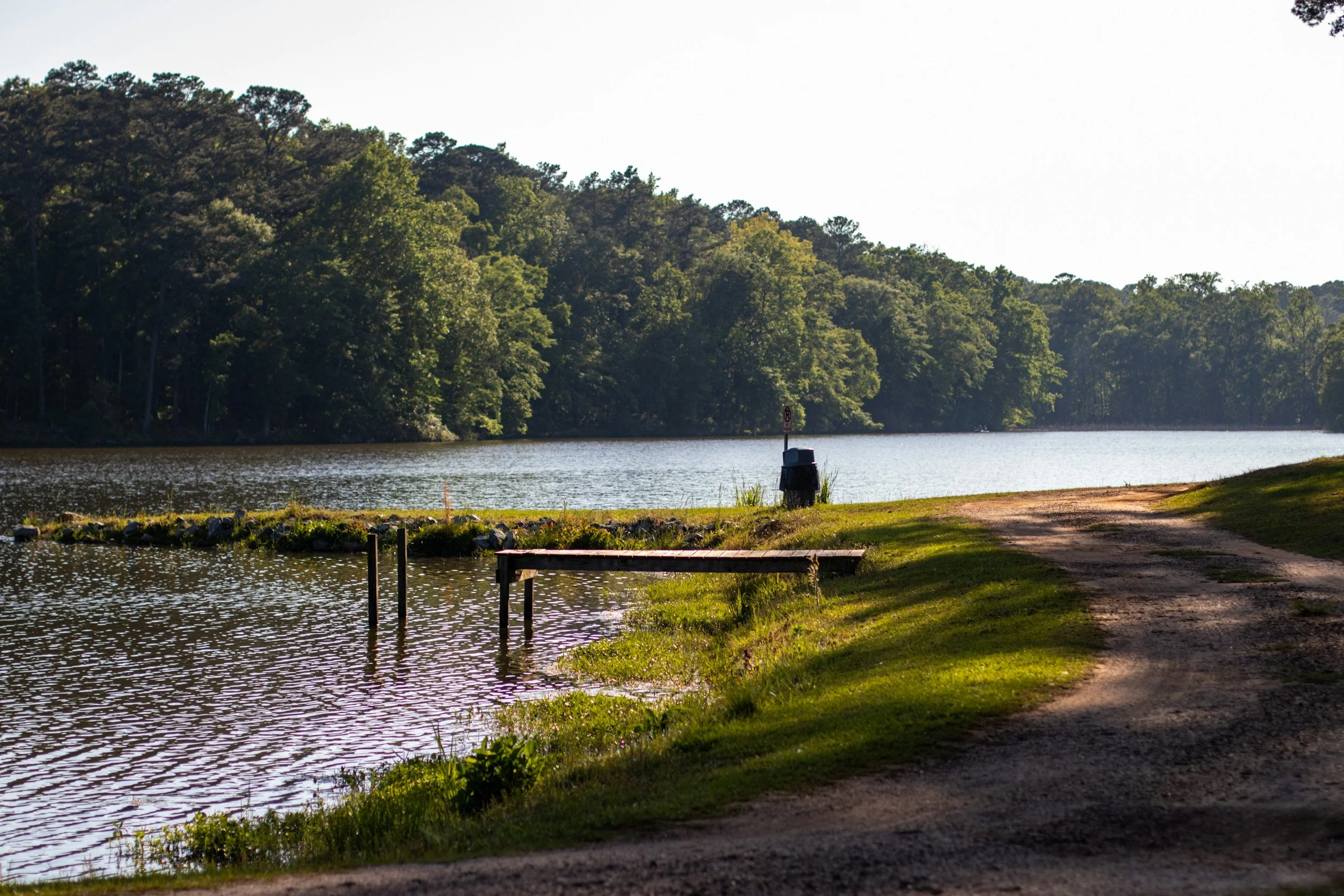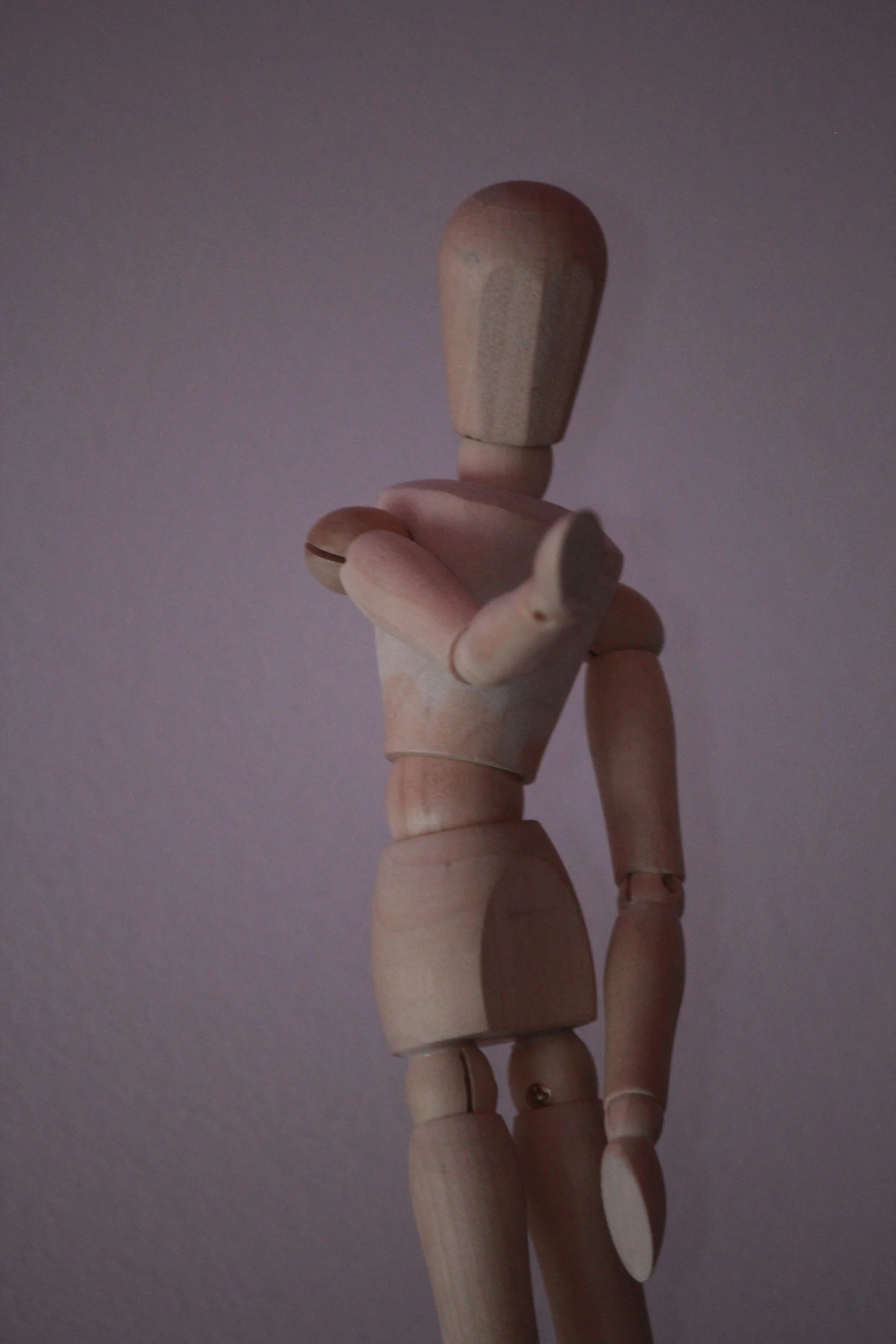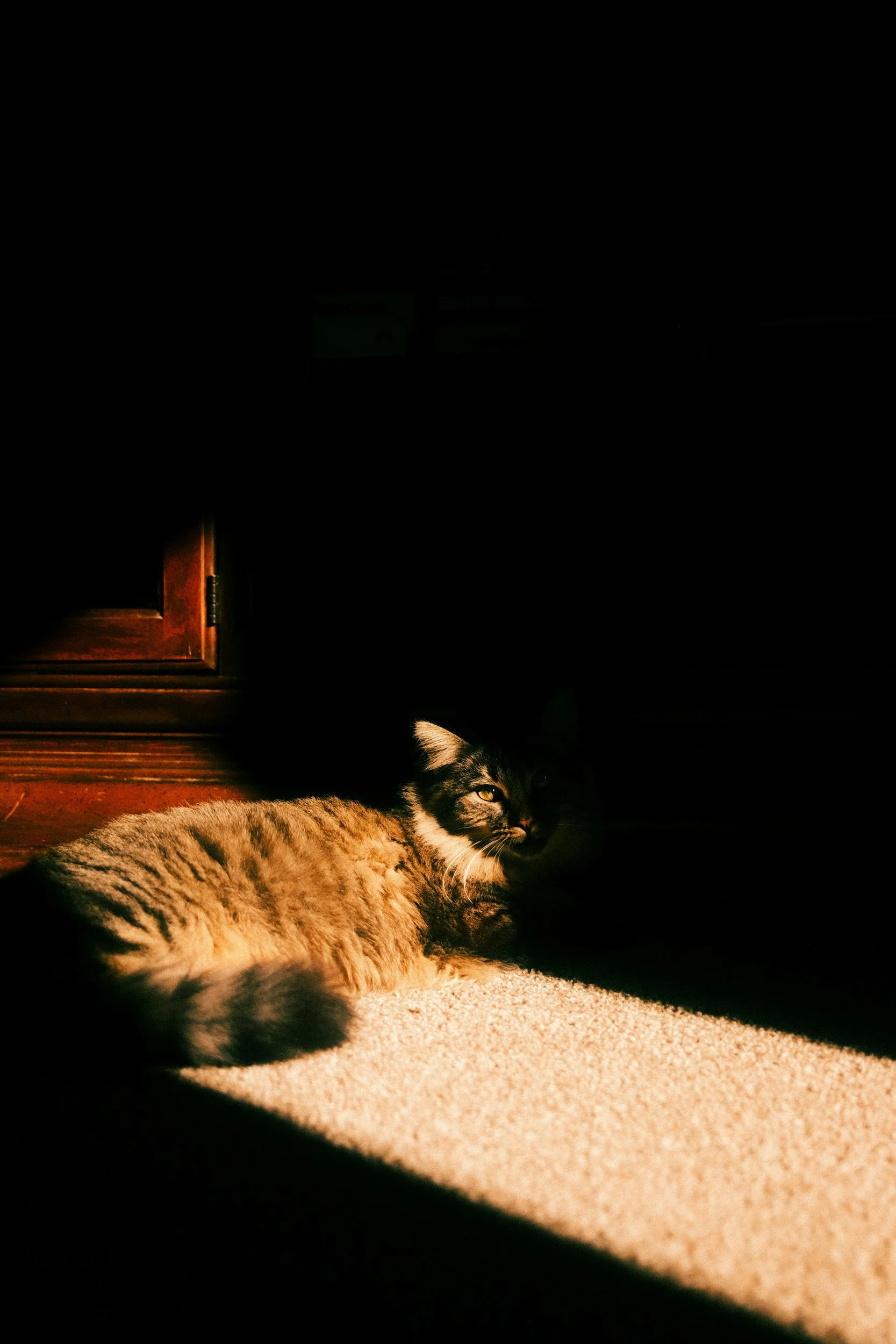About Being an Oversharer
Last month, I spent an evening partying with a colleague — it ended with me crying to him at my apartment and telling him about every single traumatic experience I’ve had in my life. I have known him for only four months and I work on time-sensitive productions with him every single day at the office.
The two following weeks were spent in shame, and even though our relationship at work is still productive, it’s made me think about boundaries. I am an oversharer. So many people know about the graphic details of my sexual life. Most people, if they ask, or, admittedly, sometimes even if they don’t, get to hear me talk about my family life, and not in a vague way like, ‘We had lunch, it was tense’. No: like a six-year-old, I tell the whole story, from three generations before, and how the traumas kept bouncing from mothers to daughters.
Last night, one of my best friends sat me down and explained to me the danger of divulging my personal life to, basically, strangers — as well as coworkers, bosses, men I’ve had one date with, and friends I’ve known for three weeks. She said that information was power, and that in the wrong hands, it could destroy my reputation. I replied that I could not care less about my reputation, but then I started thinking. I have met oversharers that have made me feel uncomfortable and even hurt or angry. I know I wouldn’t recommend them for a job. I wouldn’t even recommend them for a date.
So, I find myself looking for the line, the boundary. See — and yes, ironically, this is where I divulge my personal information to explain why I keep divulging my personal information — I grew up in a family where boundaries were non-existent. My mother used to tell me about all the hardships in her marriage and cry to me. I figured that my role was to comfort her, and I am slowly coming to terms with the fact that I am allowed to be more than that. My aunts and uncles would freely talk to me about family secrets, then scold me if I shared them with my cousins and siblings. I had the Santa talk with my cousin, and I can still remember how much she cried on that night, and how confused I felt.
I find emotional truth to be the only valuable reason to exist and connect with other people. I find small talk to be excruciatingly boring: I do not want to know what you had for dinner last night, or what exhibit you went to, or what you intellectually make of the geopolitical situation in the Middle-East. Could not care less. I want to know what your relationship was with your father when you grew up; I want to know about the first time you fell in love; I want to know about what sexuality means to you, and how you deal with our generation’s conundrum of freedom versus romanticism.
I would go even further to say that, to me, there’s a true lack of respect in talking about the weather: it is deliberately wasting your time and the other person’s time. And yet, I can see, in society, that people do it for a reason. It seems to satisfy something in them, although I can’t quite grasp what.
One of the Urban Dictionary definitions for oversharing is, “when you don’t have the emotional stability required to rationalize and reassure yourself so you give the mental charge to do so to an acquaintance without his or her consent, resulting in trespassing her or his personal mental space’”. I am horrified by that definition. It is miles away from what I intend to do, which is to create an authentic connection.
The thing is, I don’t overshare to get an answer. I overshare because, otherwise, I feel like I’m lying. It’s part of the Imposter Syndrome: this feeling that you don’t deserve to be here exactly, or, at least that people might come to that conclusion. In order to avoid that, I just put all my cards on the table, and then I wait and see; because then, if the people stay, they stay for who I really am, not just for the strong and funny and optimistic person I can be at times.
Oversharing is a way to exorcise fear of abandonment, really. It is taking the relationship in reverse. Instead of building it and getting attached and then getting heartbroken, I start by getting naked: a now you know what you’re getting into statement.
After our conversation last night, my friend texted me long messages, including a sentence that stuck with me: “You are more than your weaknesses”. My first instinct is to ask, “Am I?”. The answer is that yes, I am, and that, because of it, I do deserve boundaries and trustworthy friends and, at the end of the day, a good reputation. I kick ass at my job every single day, I care for my friends and I show them that I do, I take care of my home and my body, and it would not be fair for me to self-sabotage all of that.
So, here’s what is probably going to happen. I am probably going to overshare sometimes because this is all very new. I am also going to change the way I see myself, the way I tell my story, and the way I interact with others. I will purposefully stop myself when I feel like I am sidetracking into details that the other person has not earned yet. It will feel strange and it will definitely feel like a lie at first, but I am pretty sure that in the end, it will feel like what I’ve been lacking as an oversharer: self-respect.
-Nanouchka Madrales
Nanouchka Madrales is a writer who is giving a go at normal social life. To prove it, she will give standard biographical information: she graduated from the Sorbonne in French Literature and got a MFA in Screenwriting. She works in film and TV in Paris, France.






















